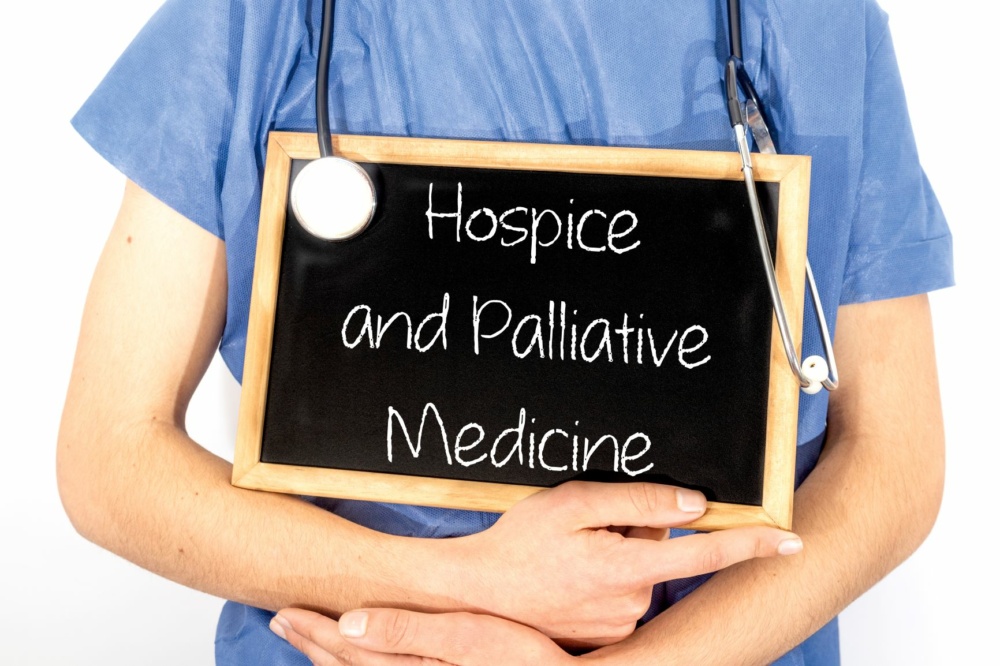Hospice care is something none of us wants to need, but if or when we do, there is no better support at the end of life.
When asked, most of us report that we would want to die at home surrounded by family and friends. Hospice provides the dying person and family with the supports needed to do that.
Assisting not only the person who is ill, hospice provides support for the family as well. The primary focus is on pain management and quality of life, giving the patient the ability to live out the remainder of their life in the best way possible. Hospice care is palliative care – care focused on comfort, not curative treatment.
When a person elects hospice, in essence, they are electing comfort care rather than curative care. Typically, curative treatment methods have failed and there is nothing medically left to do that would change the impending outcome of the disease process.
To be eligible to receive hospice care, you must meet the criteria of terminal illness: a life expectancy of six months or less. Some of the services provided through hospice are; medical and nursing care, medical equipment, medications for pain relief and symptom control, spiritual care, physical therapy, occupational therapy, dietary counseling, and bereavement counseling.
Many of us associate hospice as something provided to those dying of cancer, but hospice care is available to anyone that meets the terminal illness diagnosis. Hospice service is provided through Medicare and in most states, Medicaid. Private insurance typically covers hospice and if no other means are available, hospice may be provided at no cost by some hospice agencies.
Often doctors are hesitant to recommend hospice to the patient and family, and likewise, the patient and family may be reluctant to elect it. Those that do typically have the highest regard for the care received.
Hospice affords the dying person dignity and comfort at the end-of-life, giving the patient and family the care and emotional support needed to make the most of the time left.
For more information on hospice care, click here.
For more articles on health-related topics, click here.




Recent Comments